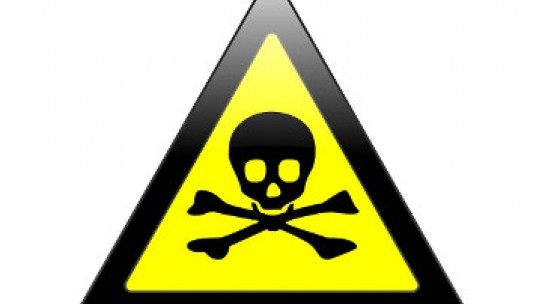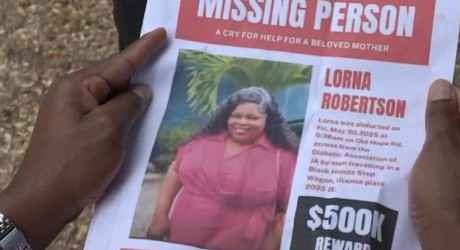The Caribbean Poison Information Network (CARPIN) says children from poor households in Jamaica are more likely to be exposed to chemical poisoning.
This is among the findings of a study by CARPIN that focused on the use of chemicals in the home and how behaviour, knowledge, and storage pattern will determine whether children up to five years are poisoned in Jamaica.
It was conducted in St. Thomas, Kingston, St. Catherine and Westmoreland.
CARPIN Poison Information Coordinator Sherika Whitelocke Ballingsingh said the study revealed that persons living in one-room houses were challenged in terms of where to store chemicals because of space constraints when compared to those living in multi-room houses.
She explained that although some persons are knowledgeable about poisoning, they have no other place to store the chemical.
Mrs Whitelocke Ballingsingh said some parents stored chemicals at the back of the house because the children would not go around that side to play while one parent used a suitcase.
Other parents told their children that they would be severely punished, if they touched the chemical and out of fear, they obeyed.
CARPIN said parents continue to store chemicals in containers that look like food or drink products despite public-education messages over the years to desist from the practice.
Mrs Whitelocke Ballingsingh said 90 per cent of the homes purchased chemicals that had been poured into other containers.
The survey, funded by the University of Technology (UTech), was done out of concern about poisoning in the country.










 All feeds
All feeds







